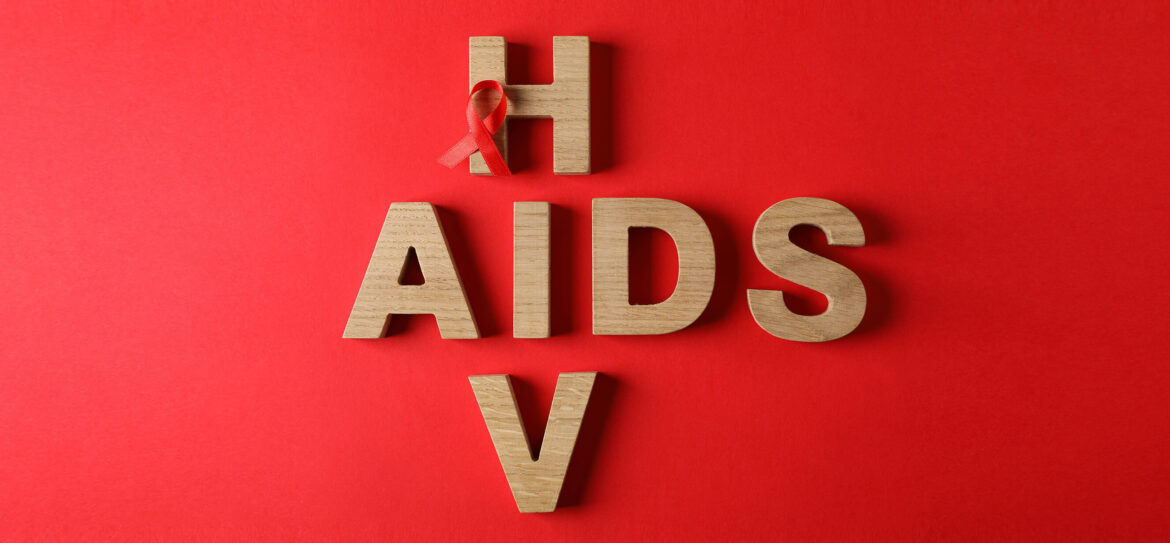By Zayamu Hassan
Global AIDS leaders have called for actions that will prevent millions of new HIV infections and AIDS related deaths.
They made the call at the formal launch of the Joint United Nations Programme on HIV/AIDS (UNAIDS) Global AIDS Update 2022, ahead of the opening of the 24th International AIDS Conference which had since begun and will end August 2.
The Global AIDS leaders, however, gave strong warning that derailing of progress to end AIDS is putting millions of people in danger.
“The data we are sharing brings painful but vital news,” said Winnie Byanyima, Executive Director of UNAIDS. “The latest findings reveal that the response to the AIDS pandemic has been derailed by global crises, from the colliding pandemics of HIV and COVID, to the war in Ukraine and the resulting global economic crisis. Progress has been stalled, inequalities have widened, resources have shrunk, and millions of lives are now at risk.”
Her concerns were echoed by Dr Anthony Fauci, Director of the National Institute of Allergy and Infectious Diseases and the Chief Medical Advisor to the President of the United States, who stated that the new data are a “wakeup call” and a reminder that the “global plague of HIV continues to rage.”
“There has, without a doubt, been backsliding in the HIV response amid the COVID-19 pandemic,” said Dr Fauci. “Testing and hence HIV diagnoses decreased in many countries including in my own country, harm reduction services to people who use drugs and other vulnerable people have been widely disrupted.
“Reduced access to TB diagnoses and treatment resulted in an increase in TB deaths among people living with HIV from 2019 to 2020.
“What UNAIDS new report calls “faltering progress” means that 1.5 million people were infected with HIV last year, tragically three times the global target that we had hoped for. As the global HIV community meets, the conference theme of re-engage and follow the science could not be a better fit.”
She further reiterated that: “I am sure that I speak for all my US government colleagues when I say that we remain fully committed to the kinds of engagement needed to get us on a course to reach our goal of a world where HIV infections are uncommon and HIV deaths rare.”
In her testimony, Keren Dunaway from the International Community of Women Living with HIV set out her struggles as a young Latin American woman who was born with HIV, and those of other women living with HIV in her network.
She shared the story of a young pregnant woman from Nicaragua who, when she was diagnosed with HIV, was blamed for having HIV by medical staff who even asked her how many men she had been with, and said her baby was already HIV positive without any prior testing.
According to Ms Dunaway: “The findings in the UNAIDS report and the data we have uncovered are much, much more than numbers, they are the lived realities of young women living with HIV. Young women and key populations continue to confront political agendas that seek to turn the clock back on our fundamental human rights including our right to bodily autonomy.
“These regressive efforts place younger women in increasingly precarious situations. When women are deprived of our core rights to have a say about our bodies and our rights to sexual and reproductive healthcare, we will all pay the high price in terms of prevention of new infections, and progress towards all goals of the HIV response.”
Ambassador Dr John Nkengasong, United States Global AIDS Coordinator and Special Representative for Health Diplomacy, backed the call for transformative action saying, “the HIV response and struggle is at a crossroads. We are seeing remarkable progress in some regions, notably in southern and eastern Africa, but, in some areas of some countries, increases.
“The timing of this report couldn’t have been more appropriate to remind us that the AIDS pandemic – and I use the word pandemic purposefully – is not a pandemic of yesterday, it is a pandemic of today. We cannot wait to fight the AIDS pandemic until the COVID pandemic is over. It has to be a question of fighting them together. It’s time not only to know your gaps but to close those gaps.”
The host of AIDS2022 and President of the International AIDS Society Dr Adeeba Kamarulzaman, stressed that the world cannot afford to lose more ground in the global response to HIV.
“About 70 per cent of new HIV infections in 2021 occurred among key populations.
“This illustrates that the most marginalized are also the hardest hit. We urgently need to make resources available, close research gaps, and eliminate the stigma that still pervades thinking.
“Most crucially, we must ensure that scientists, policymakers and activists come together to achieve progress. It’s time to re-engage and follow the science,” she said.
Champion of women and girls, Ms Anita Vandenbeld MP, Parliamentary Secretary to the Minister of International Development (Canada) said, “As UNAIDS new Global AIDS Update 2022 shows, an emphasis on women and girls, on intersectionality, on equality and on the most vulnerable is more important than ever to stopping the spread of HIV.
“I find it particularly shocking and unacceptable that adolescent girls and young women make up 82% of people newly infected with HIV in sub-Saharan Africa.
“This is an area where we need to double down and do more. The global AIDS response is under threat and that is something that we as political leaders need to respond to. Canada remains firmly committed to ending AIDS using our feminist international assistance policy to guide us.


